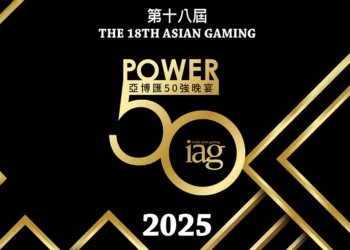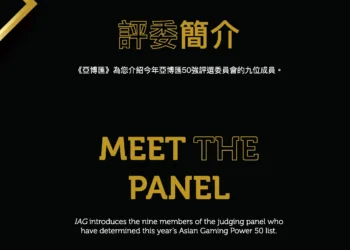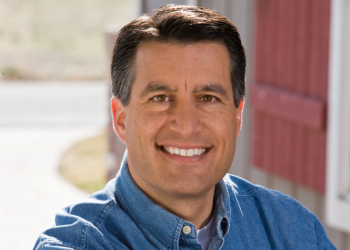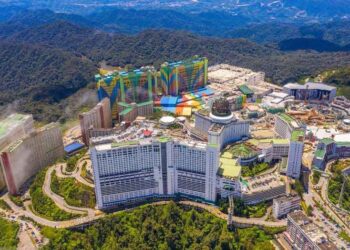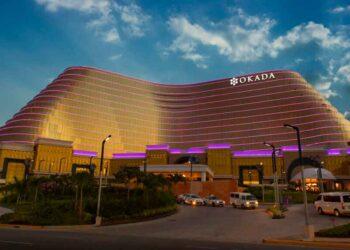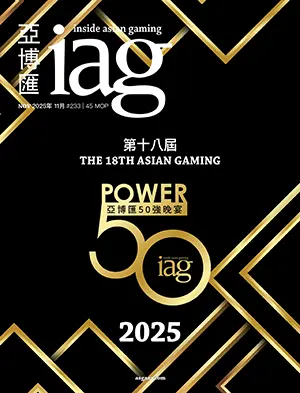An Entertainment Complex Advisory Board (ECAB) is the logical next step in the ongoing national discussion regarding the rollout of Thai Entertainment Complexes – also known as Integrated Resorts – following the Thai Entertainment Complex Roundtable (TECR), organised by IAG and held at the Grand Hyatt Erawan in Bangkok last Thursday 5 June 2025.
One of the key themes to emerge from TECR was a lack of clarity on key issues relevant to the successful implementation of ECs in Thailand.
Some of the main issues needing clarity that emerged from the day’s discussions were:
- Economic benefits: The believability of feasibility study estimates
- AML and casino crime: More detail on AML initiatives and combatting criminal activity in casinos including the approaches of other jurisdictions
- Problem gambling: Evidence to support the assertion that Thai problem gambling would likely decrease after the introduction of ECs
- GGR tax rate: The effect of different possible tax rates
- Locals access: More detail on the THB 50 million bank deposit requirement, as well as other locals access rules, and the relationship between locals entry and achieving the stated goals of an EC industry
- RFP process: More detail on how RFC and/or RFP processes would roll out
- EC scope: More detail on the number of ECs, their locations and other factors
- EC ownership: Will international operators be required to join with local equity partners, and if so, how much equity would go to local partners, why, and how will this relate to the issue of land ownership?
The TECR roundtable was comprised of a spectrum of local Thai stakeholders from politics, academia and the law, as well as three of the world’s largest integrated resort operators – Galaxy Entertainment Group, Melco Resort & Entertainment, and Wynn Resorts. It was chaired by myself along with Co-Chair Veenarat Laohapakakul, a nationally recognized veteran Thai news program host.
Verapat Pariyawong, Advisor to the House Committee on Finance and Financial Institutions and founder of Thai-based law firm VLA, supported the idea of international experts further informing the ongoing EC discussion. During the roundtable he noted that Thailand does not have a frame of reference to understand the nuances of EC industry issues and expressed his enthusiasm for events such as TECR where Thailand could benefit from the expertise of international operators and other industry experts.
In comments offered to IAG after TECR, Verapat said, “Thailand can benefit from insights and experience of EC operators and regulators especially those in Asian settings such as Singapore and Macau. A creation of an Advisory Board comprising experienced operators and industry experts is welcomed to assist the Thai people in making an informed decision.”
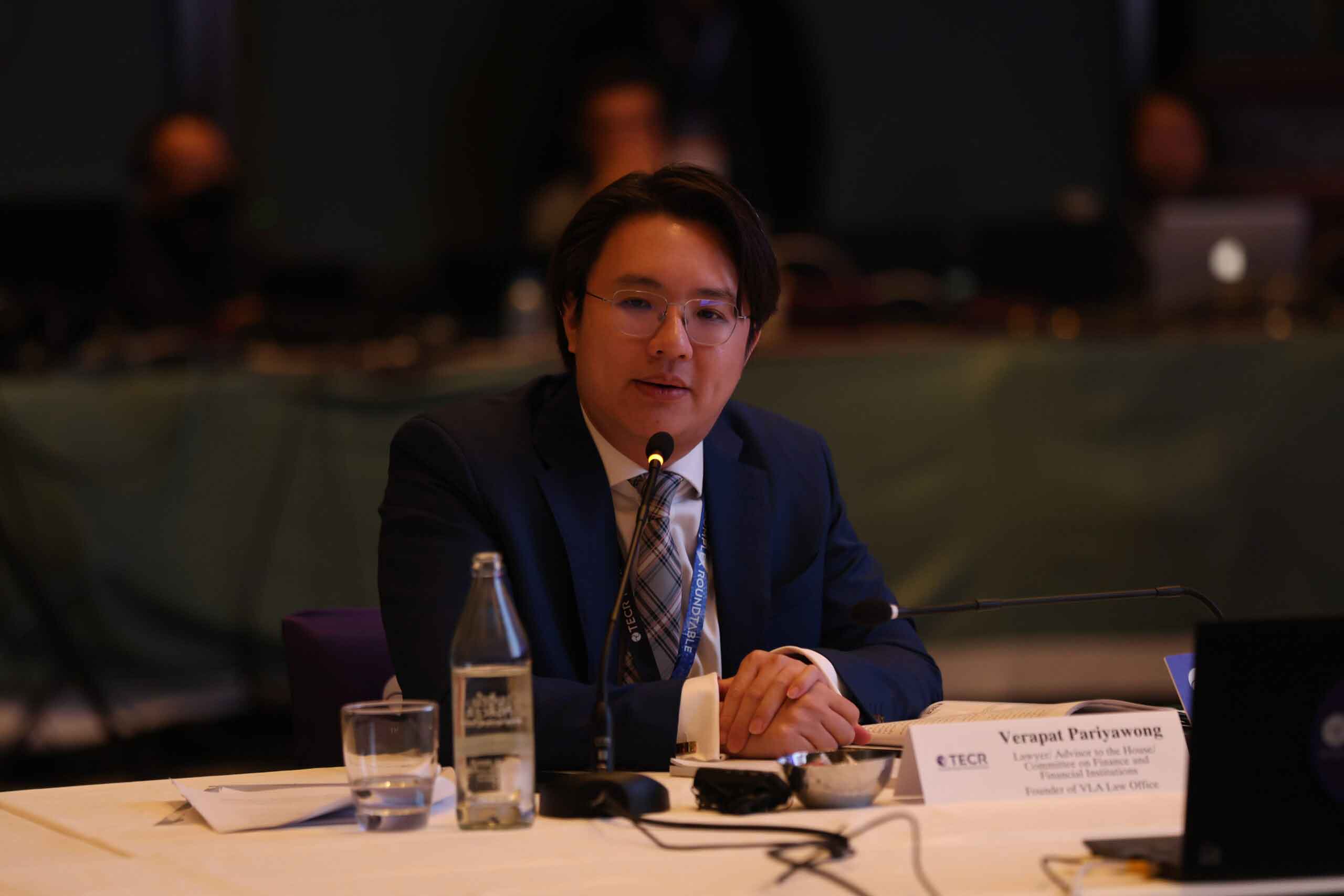
The TECR morning sessions included presentations by:
- George Tanasijevich, Former President and CEO of Marina Bay Sands and Former Managing Director of Global Development for Las Vegas Sands
- George Choi, Head of Global Gaming Research, Citi Research
- LAU Kok Keng, Partner, Head of the Gaming Law Practice and Singapore lawyers Rajah & Tann
All presentations were keenly watched, in particular that of LAU Kok Keng, who spoke powerfully of the reasons “squeaky-clean Singapore” ultimately decided to proceed with integrated resorts, after decades of adamantly refusing to do so. Lau clearly explained the raft of initiatives Singapore has implemented to maximize the benefits of the industry while minimizing its social harms, concluding with the April 2005 statement of former Singaporean Prime Minister Lee Kuan Yew, “the price [of having integrated resorts] is high, but the price of not having the integrated resorts is even higher.”
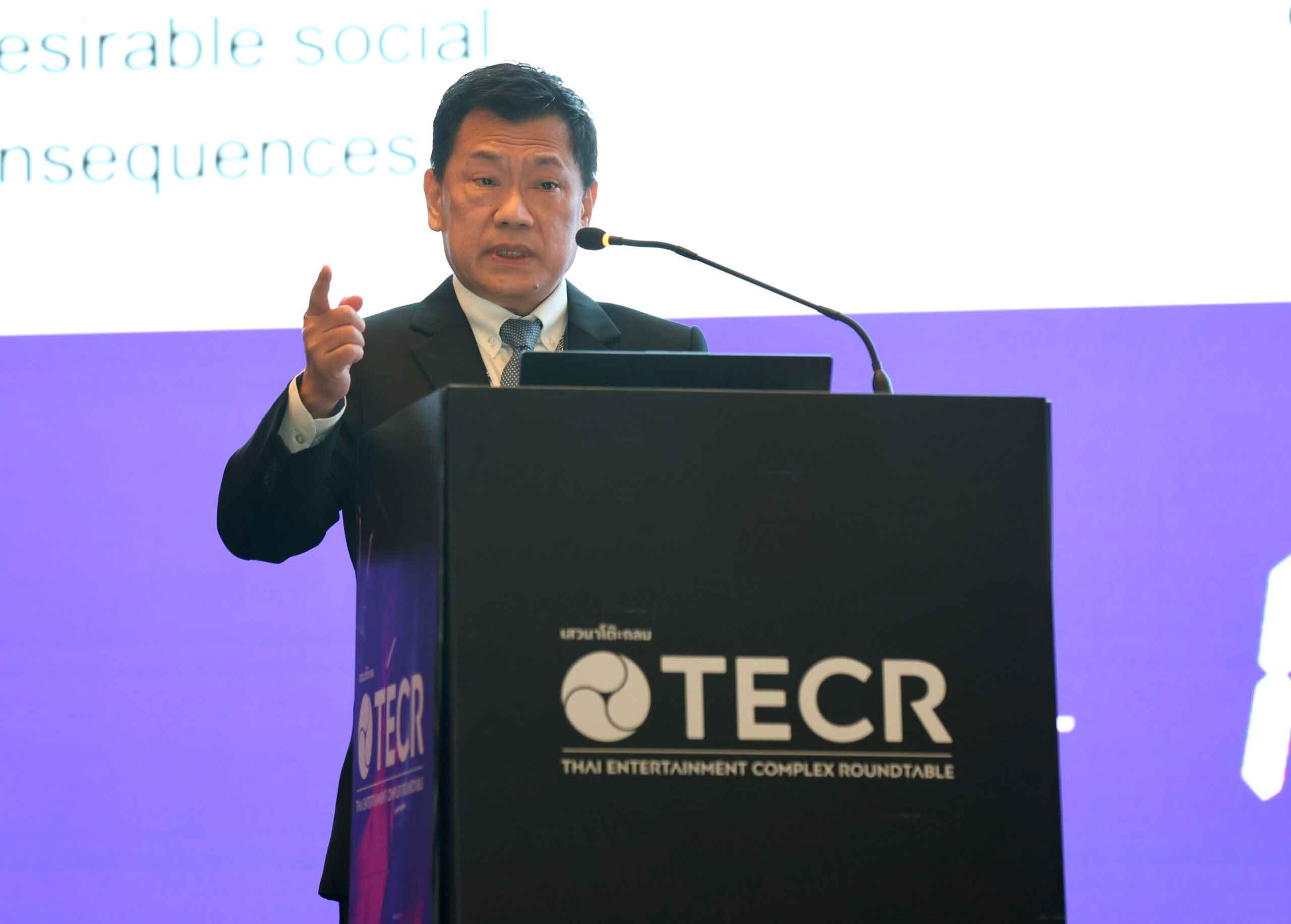
An Entertainment Complex Advisory Board (ECAB) for Thailand
As always, the devil is in the detail. The people of Thailand are clamoring for such detail. The fact that the government may not have supplied all the detail being sought by the people of Thailand is quite understandable. How could they? As Verapat says, Thailand does not have access to industry experts internally, so needs to look outside her borders to get the type of deep-domain expert knowledge that can help inform the decisions on the details.
What will the economic benefits really be? Where should the ECs be located? How many? What should the rules be around locals gaming to protect local citizens yet still have a thriving industry with its concomitant economic benefits? How can the ECs be “well-regulated clean good fun” while avoiding potential pitfalls? How can the government truly achieve its stated policy goals regarding the introduction of ECs?
These are just some of the questions that need answering, and such answers would benefit from the participation of international deep-domain experts with decades of industry knowledge. The establishment of an EC Advisory Board is, I would suggest, the perfect answer. It could be made of up a handful of operators (the TECR operator attendees would do just fine), some other industry experts such as IAG, a former regulator, and possibly a leading academic from a gaming jurisdiction as well as key Thai stakeholders, just as the TECR roundtable was. It would be important to include local Thai anti-gambling activists on such an EC Advisory Board. And the Advisory Board needs some form of Thai government imprimatur, with an established reporting mechanism. IAG understands this could be as a working group formed under a Thai parliamentary standing committee.
A final comment. Timing is important. While more detail seems crucial for the success of a Thai EC industry, endless naval gazing would lead to stagnation and an eventual breakdown of the process. I would suggest the ECAB to emerge from TECR is formed in June and runs from July to December 2025, in parallel with the EC Bill parliamentary process. That would be ample time for a motivated Advisory Board to work through the issues. The ECAB could report and inform government and parliament in tandem with the passage of the EC Bill. A well-run ECAB would be a vital contributor to the establishment of a vibrant and thriving EC industry that the people of Thailand can be proud of. It would be a major contributor to the Thai economy for decades to come.













